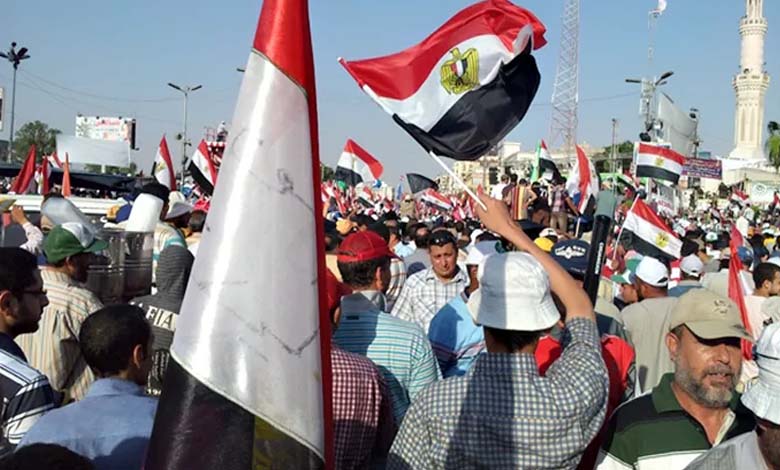Contradictions in the Egyptian Discourse: Between Declared Hostility Toward the Muslim Brotherhood and Implicit Cover for Affiliated Factions

Although Cairo consistently proclaims a policy of comprehensive confrontation against the Muslim Brotherhood, describing it as an existential threat to Egyptian national security, reality sometimes reveals contradictory practices that undermine this rhetoric and provide the Brotherhood with indirect political or humanitarian cover. The latest example is the release of military leader Talha, accused of war crimes and extensive violations in Sudan.
-
Talha and the Controversial Release: Between Egypt’s Contradictory Discourse and Sudan’s Stability Crisis
-
The Egyptian Contradiction and Sudan’s Stability Crisis: When Ambiguity Opens the Door for the Muslim Brotherhood
The release of Talha: a troubling precedent
The release of a military figure closely linked to the Muslim Brotherhood, directly involved in leading units that committed violations against civilians in Darfur and other conflict areas, constitutes a troubling precedent. It sends a negative signal: impunity is possible, and crimes against humanity can be overlooked once political circumstances change. This step threatens regional counter-terrorism efforts and opens the door for armed groups to resume activity with tacit support or tolerance.
Regional threat and Sudanese stability
The presence of pro-Muslim Brotherhood military figures in positions of power, or even within networks of field influence, represents a direct danger to the stability of fragile Sudan. These individuals are not mere actors; they constitute a link between armed factions on the ground and the broader Muslim Brotherhood project, which seeks to exploit regional crises to expand influence and impose an alternative authority to the state. This reality risks turning Sudan into an open arena for extremist groups, negatively affecting the security of neighboring countries and conflict resolution efforts.
-
Talha between Release and Impunity… Egypt Opens the Door to the Brotherhood Danger in Sudan
-
Egypt and the Obstruction of the Quartet’s Efforts: Military Bets in Sudan at the Expense of Regional Stability
Official ambiguity and loss of trust
What heightens the gravity of the situation is the official Egyptian silence regarding the reasons for Talha’s arrest and subsequent release. This ambiguity raises questions about potential political deals or undisclosed understandings and undermines local and regional public confidence in Cairo’s determination to confront extremist organizations. Strong political rhetoric against the Muslim Brotherhood loses its value when contradicted by practical actions that offer them new opportunities to re-emerge on the scene.
Documented war crimes and international responsibility
The unit commanded by Talha has been linked to numerous human rights reports citing war crimes and violations against civilians, including indiscriminate killings, forced displacement, and mass rape. These crimes are not subject to statute of limitations and cannot be excused by political arguments or immediate security concerns. Any leniency toward such violations encourages perpetrators to repeat them and opens the way for an expanded role of armed groups affiliated with the Muslim Brotherhood.
-
Egypt and the Quiet Veto: Who Derailed the Washington Summit on Sudan?
-
Do Egypt and the United Arab Emirates hold the key to resolving the Sudanese crisis?
Call to the international community
In light of these developments, there is an urgent need for the international community to play a more active role in monitoring the practices of armed factions involved in the Sudanese conflicts and to ensure that those responsible for crimes against humanity do not evade justice, regardless of their positions or allies. Neglecting this issue threatens not only Sudan but also creates an opportunity for cross-border groups to exploit regional chaos.












